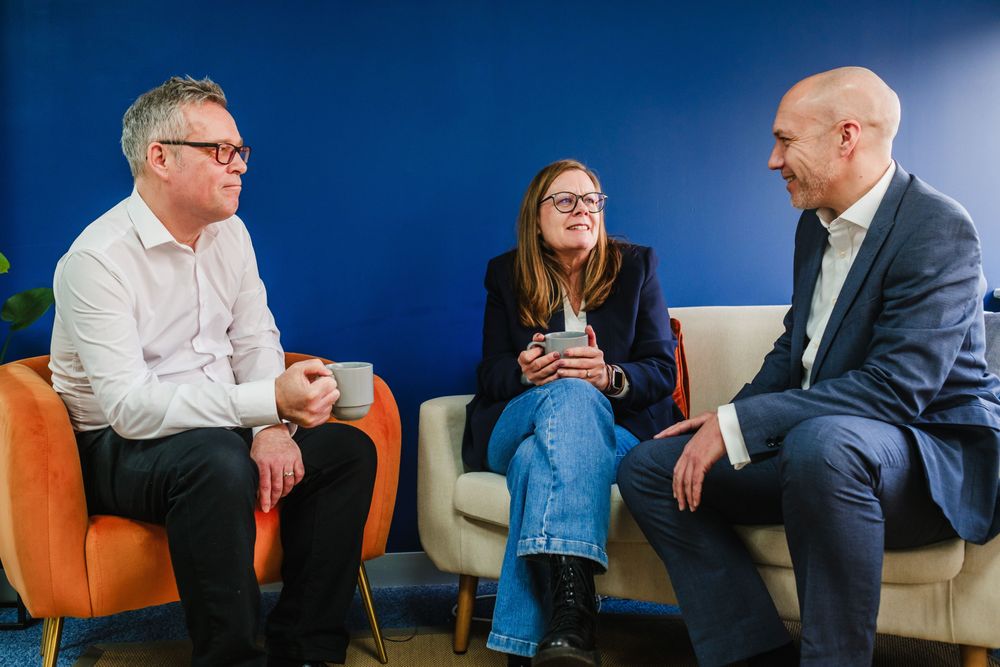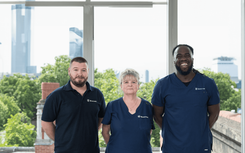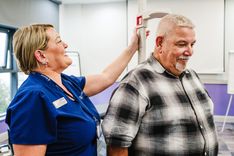
Cancer in the workplace – why early detection should be a corporate priority
In today’s fast-paced corporate world, health is often viewed through the lens of productivity and performance. Yet, beneath the surface of quarterly targets and strategic planning lies a growing challenge that affects every business, regardless of size or sector: cancer.
The human and economic toll
Each year in the UK, nearly 392,000 people are diagnosed with cancer, which equates to roughly one person every 90 seconds. Globally, the numbers are even more staggering, with the World Health Organization projecting a 77% increase in cancer cases by 2050. These aren’t just statistics; they represent employees, colleagues, and leaders whose lives and careers are disrupted by a disease that is increasingly common and costly.
For employers, the implications are profound. Cancer is now one of the top three cost drivers in corporate health plans. In the UK alone, cancer-related productivity losses cost the economy an estimated £7.6 billion annually. These losses stem not only from absenteeism and early retirement but also from the emotional toll and reduced engagement of employees, who are either battling cancer themselves or supporting loved ones through treatment.
What’s more, over half of cancer survivors are of working age. This means that many employees are returning to work after treatment, often facing on-going health challenges, stigma, and the need for flexible support. The workplace, therefore, becomes a critical environment, not just for recovery, but for early intervention.
The case for early detection in the workplace
Despite these challenges, there is a powerful lever that employers can pull: early detection. Cancers diagnosed at an early stage are significantly more treatable, less expensive to manage, and less disruptive to an employee’s life and work. Yet, many cancers are still diagnosed too late, often because of delayed screenings, lack of awareness, or fear of stigma.
The COVID-19 pandemic exacerbated this issue, with millions of routine screenings missed or postponed. As a result, many cancers are now being diagnosed at more advanced stages, leading to poorer outcomes and higher treatment costs. In the UK, cancer waiting times have reached record highs, with tens of thousands of people waiting too long for diagnosis or treatment.
Early detection is a game-changer. Cancers caught in their initial stages are far more treatable, less expensive to manage, and less disruptive to an employee’s life and work. Recognising this, a growing number of employers are taking proactive steps. In fact, 87% of companies plan to implement at least one cancer screening method by the end of 2025. This is where employers can make a meaningful difference. By integrating cancer testing into workplace health assessments, companies can help close the gap in early detection, potentially saving lives and reducing long-term costs. It also signals to employees that their wellbeing matters, that their health is valued, and that their employer is committed to supporting them through life’s most difficult challenges.
What a workplace cancer testing programme could look like
A robust workplace cancer testing programme goes beyond offering a few optional screenings. It should be a comprehensive, inclusive, and proactive initiative that reflects the diversity and needs of the workforce. Key components might include:
-
Routine health assessments and screenings: Offering annual health assessments and tests, like mammograms as part of your health and wellbeing offering.
-
Education and awareness campaigns: Promoting understanding of cancer risks, symptoms, and the importance of early detection through workshops, webinars, and internal communications.
-
Confidential support services: Ensuring employees have access to counselling, care navigation, and second-opinion services to guide them through diagnosis and treatment.
-
Flexible work policies: Supporting employees undergoing treatment or recovery with flexible hours, remote work options, and phased return-to-work plans.
Cancer is not just a personal issue, it’s a workplace issue and as the prevalence continues to rise, the question for employers is no longer whether to act, but how soon. By embracing early detection and integrating cancer testing into corporate health strategies, businesses can protect their most valuable asset, their people.
Because when it comes to cancer, early detection quite literally saves lives.








